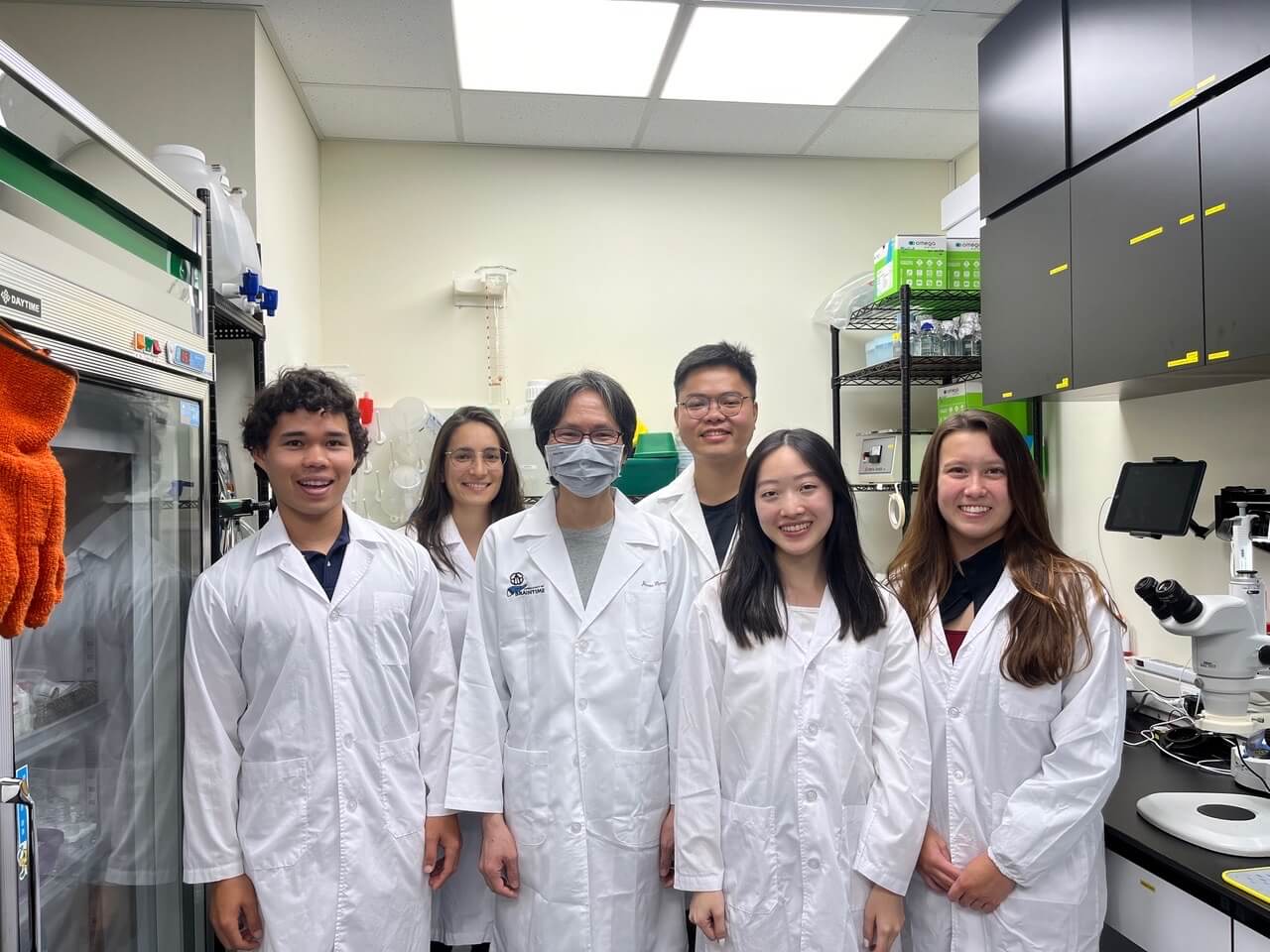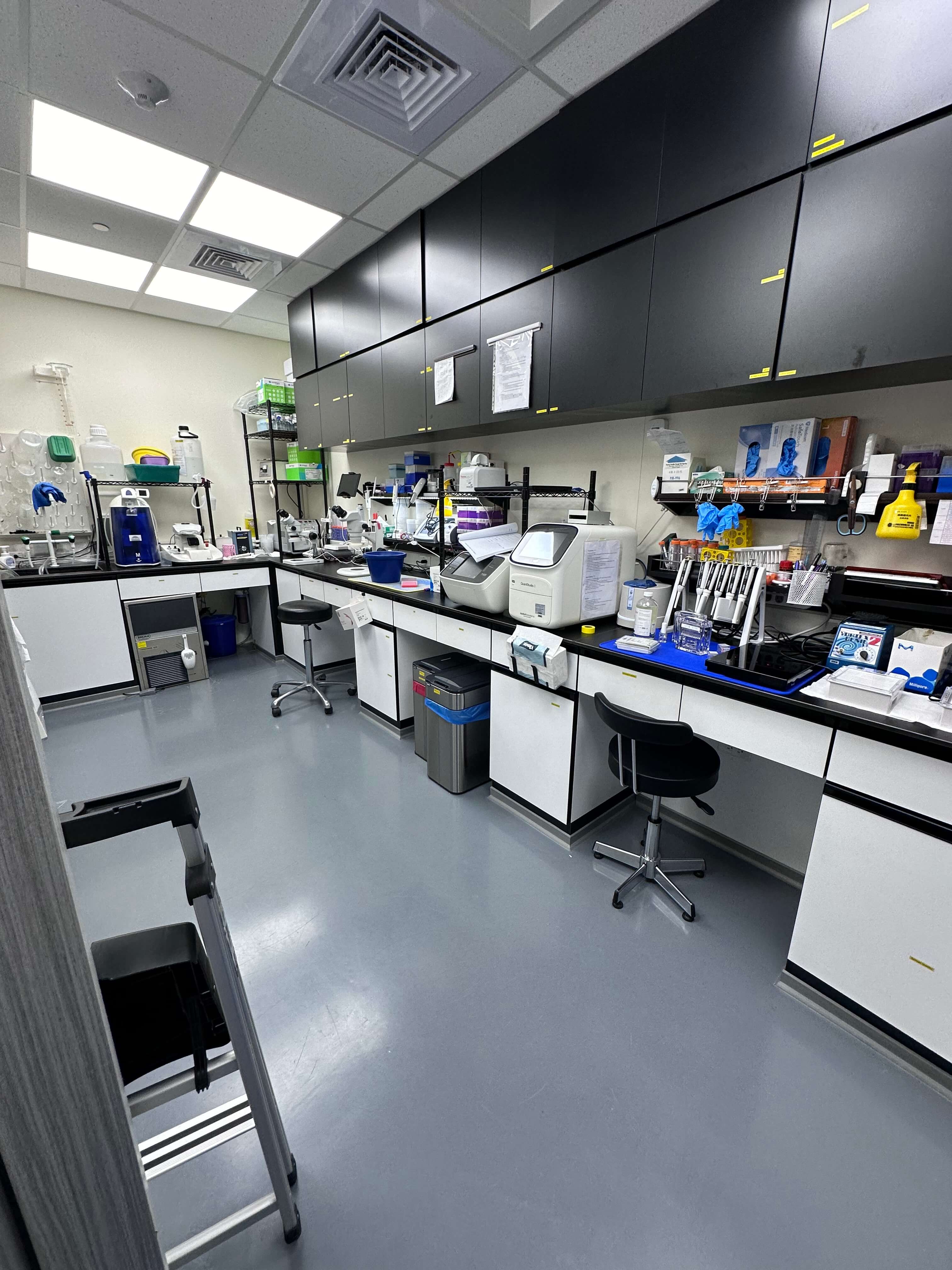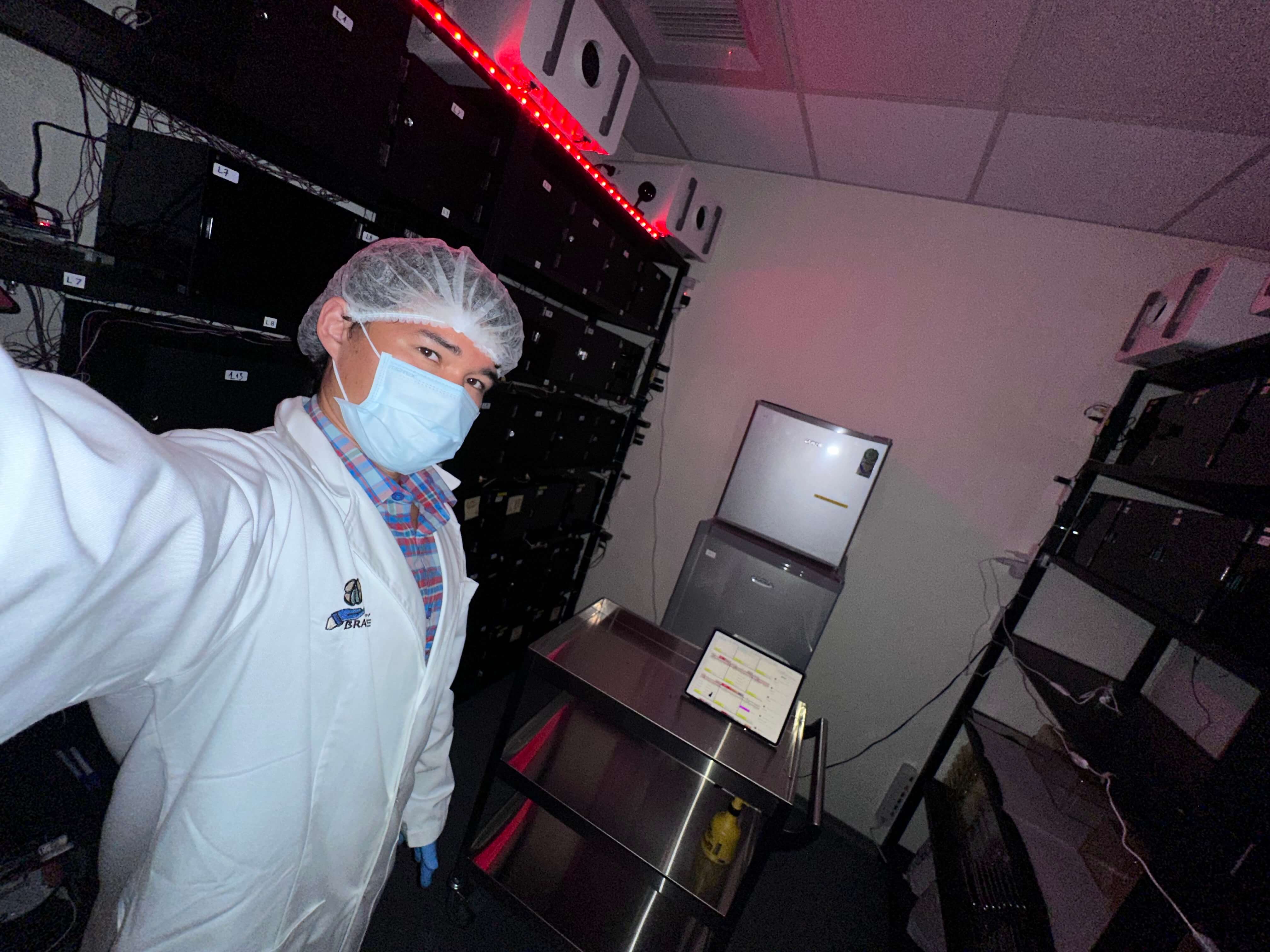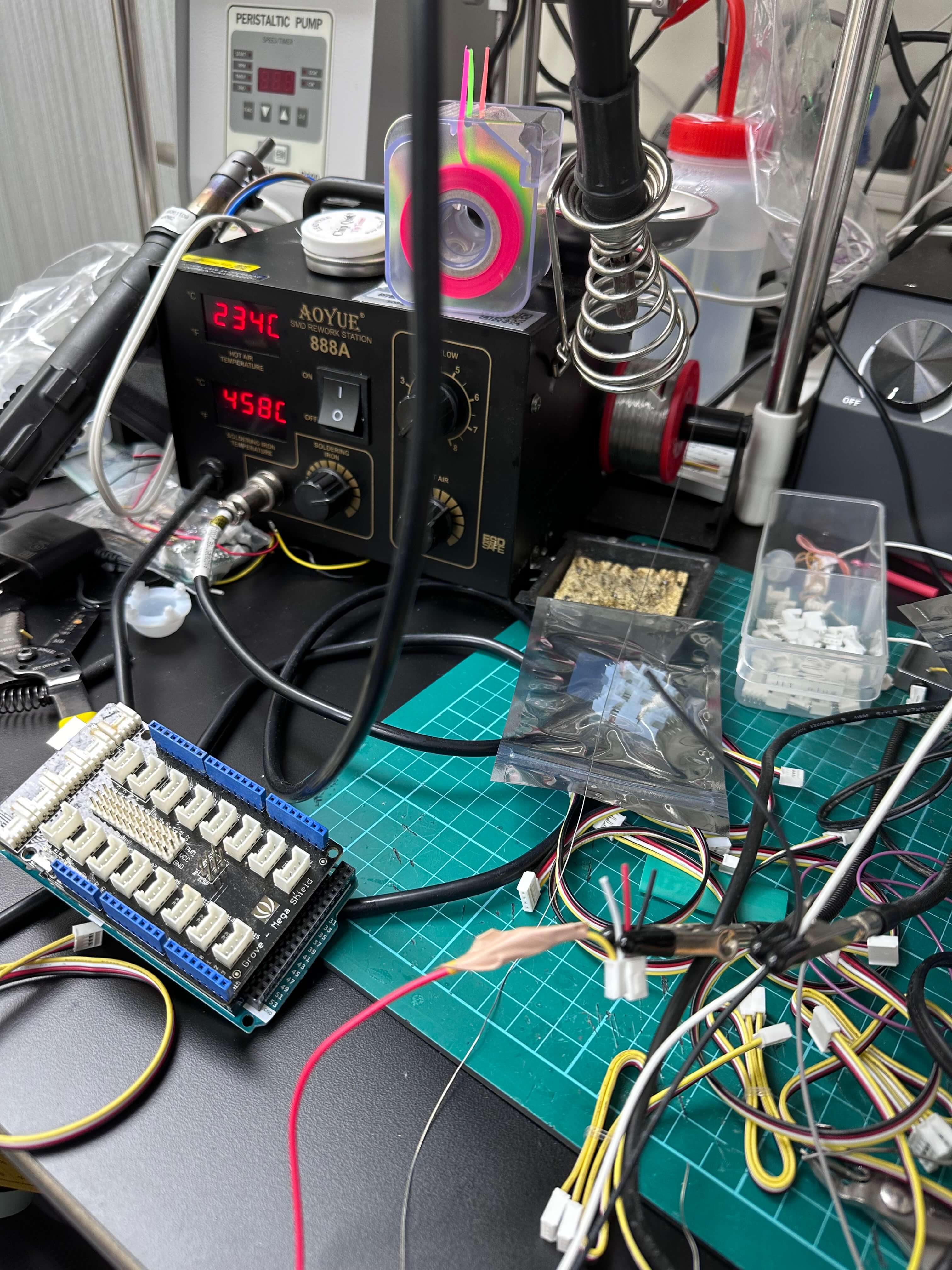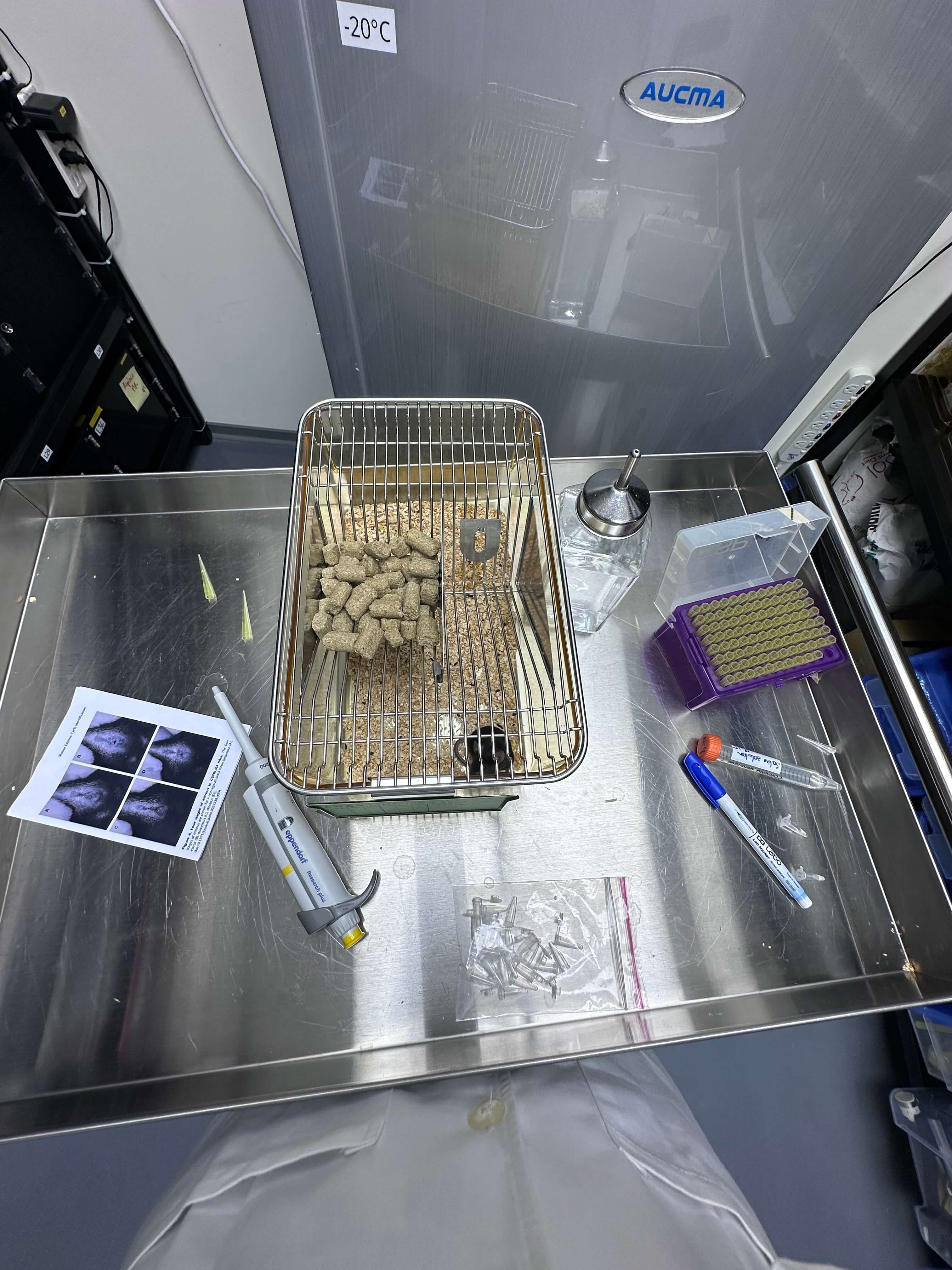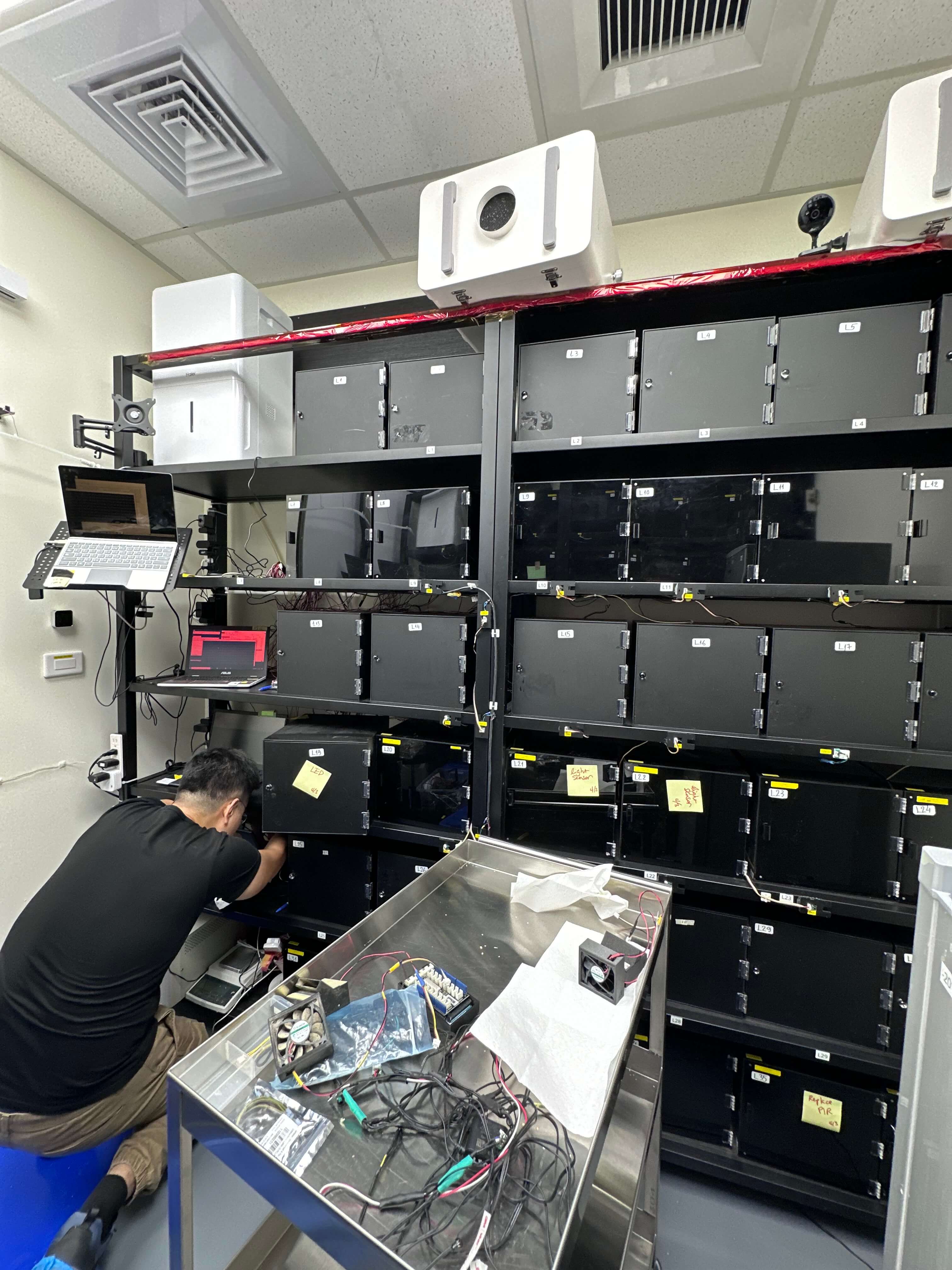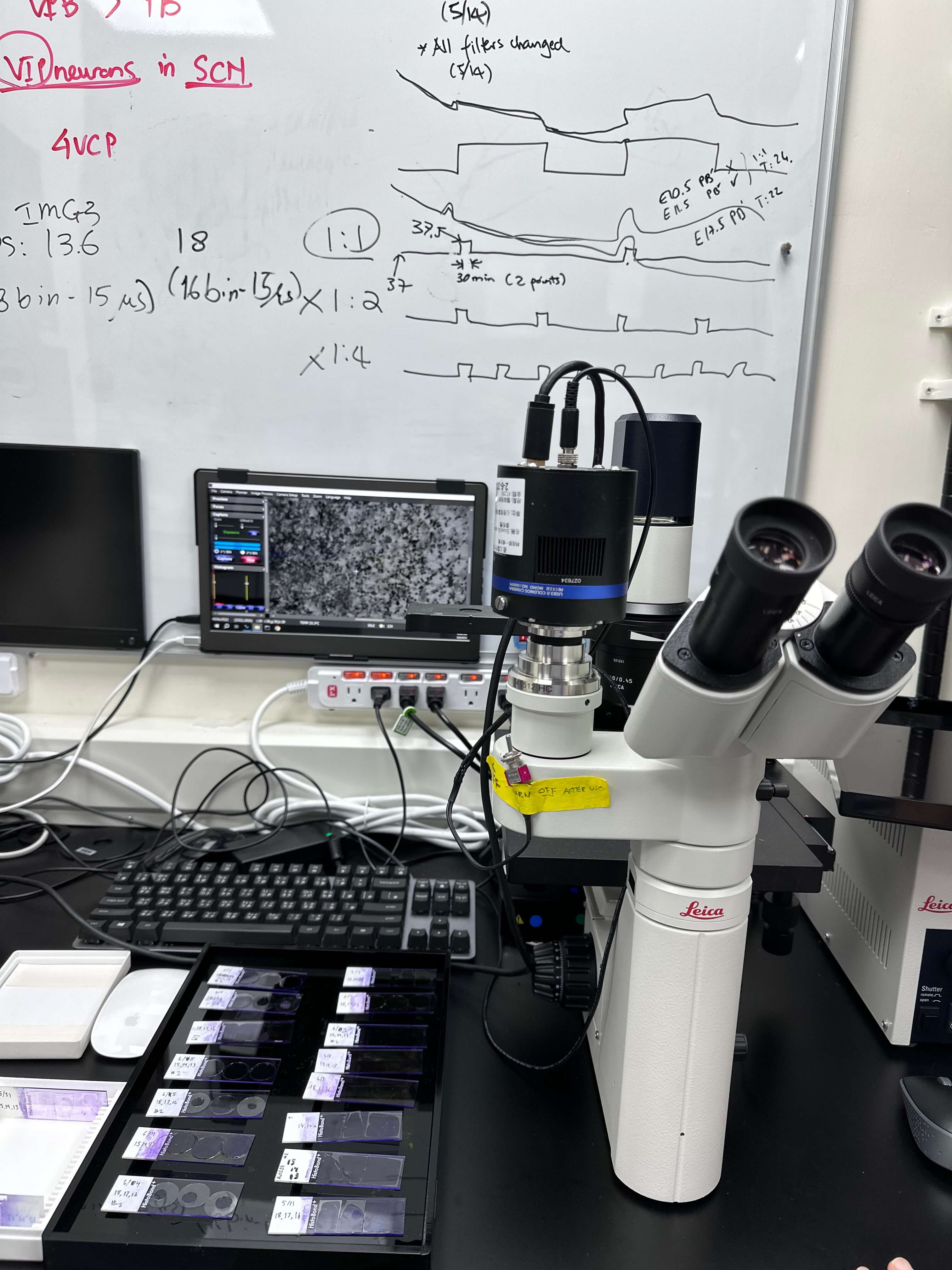Braintime Lab at Taipei Medical University
TEEP Program with Dr. Jihwan Myung
While what most of my friends and family heard about was the culinary adventures and copious quantities of shaved ice I consumed in Taiwan, the main focus was my daily research at Taipei Medical University. After deciding to do an internship in Taipei, I looked through various university web pages and contacted various departments inquiring about internships. After considering a few options, I chose to work in Dr. Jihwan Myung's Braintime lab at Taipei Medical University, whose primary research focus was circadian rhythms. Other than the PI, we had a French post-doctorate, a Vietnamese PhD student, an American master's student, and a Taiwanese medical student, so it was a vast and diverse assortment of lab members.
For the first week or so, I helped in the lab and learned about the research areas and how the lab worked. The lab studies circadian rhythms using mice as a model organism. After the first week, I developed a research project looking at the effect of t-cycles on the female mice's estrous cycle and proposing possible mechanistic explanations for any results. T-cycles are non 24-hour days. So, in our lab, we put our mice cages in small black boxes, which consisted of a light and motion sensor. We wired the boxes to a computer program that the lab designed that allowed us to customize each box's day and night schedules individually. With my project, I first had a baseline control period of 24-hour day/night cycles and then split the mice into 22 (11-hour day/11-hour night) and 26-hour cycles. I would collect and analyze daily samples under a microscope to track the estrous cycle. After conducting my experiment for four weeks, I was unfortunately unable to find any statistically significant results. Still, my research holds promise for future work with a larger sample size over a more extended period.

